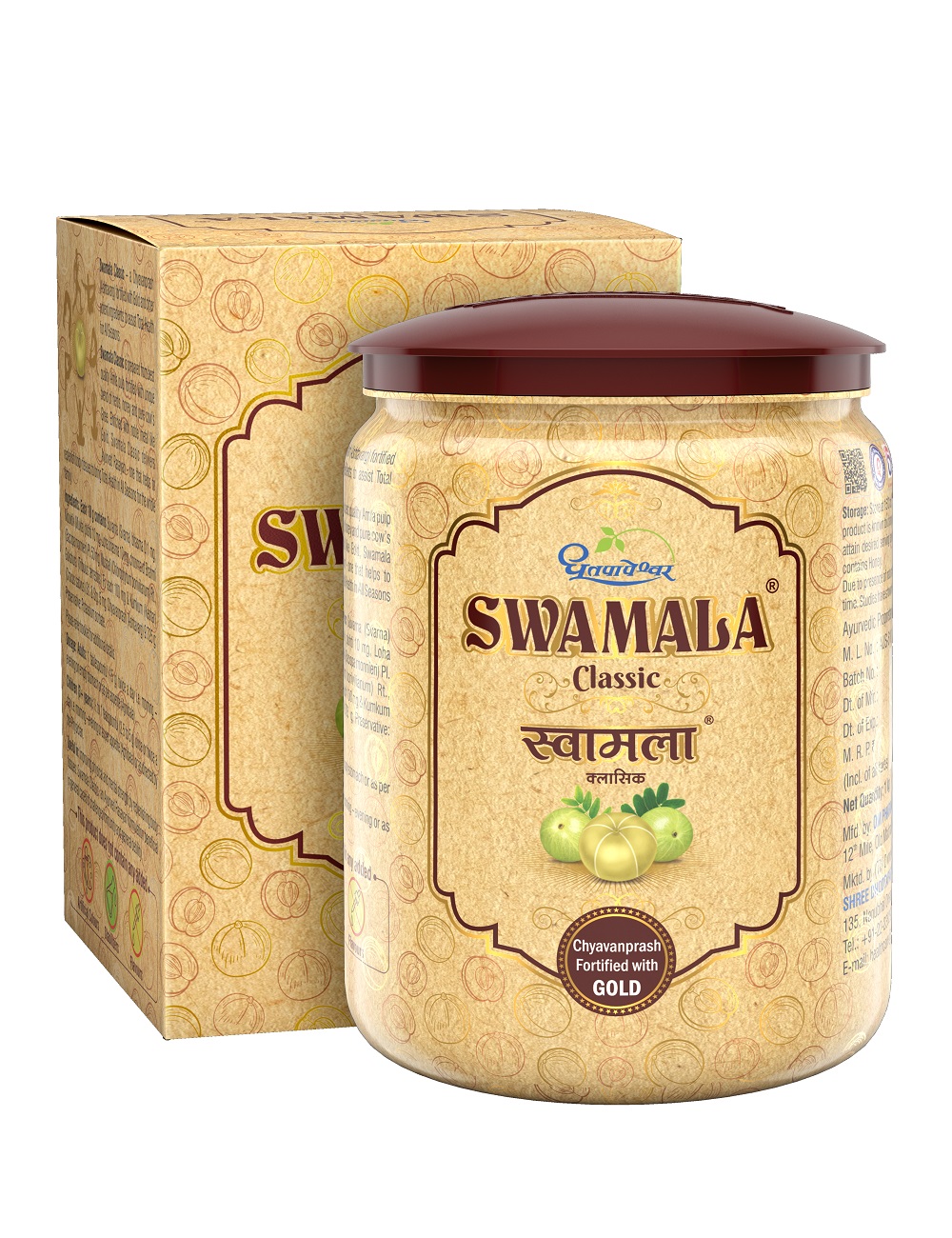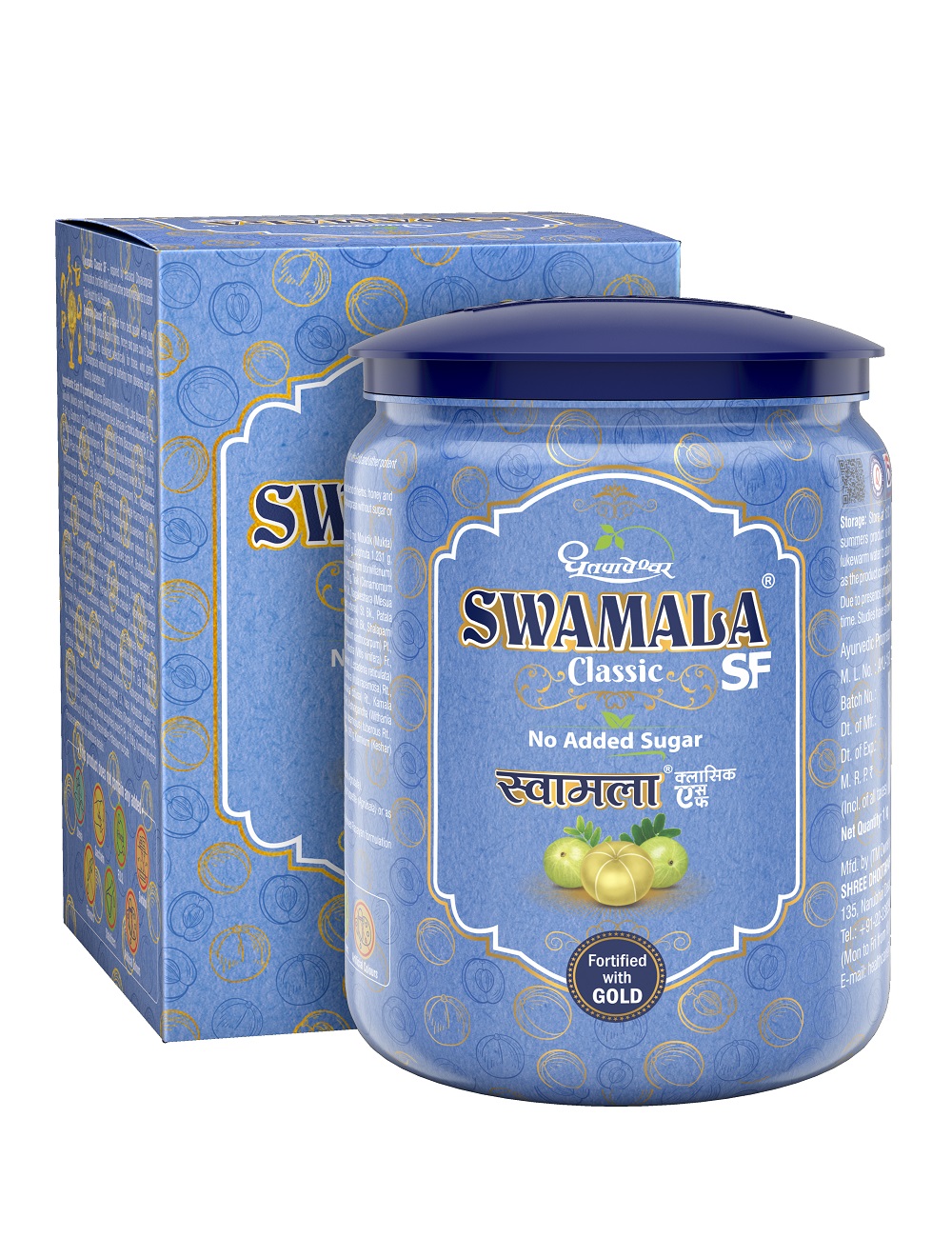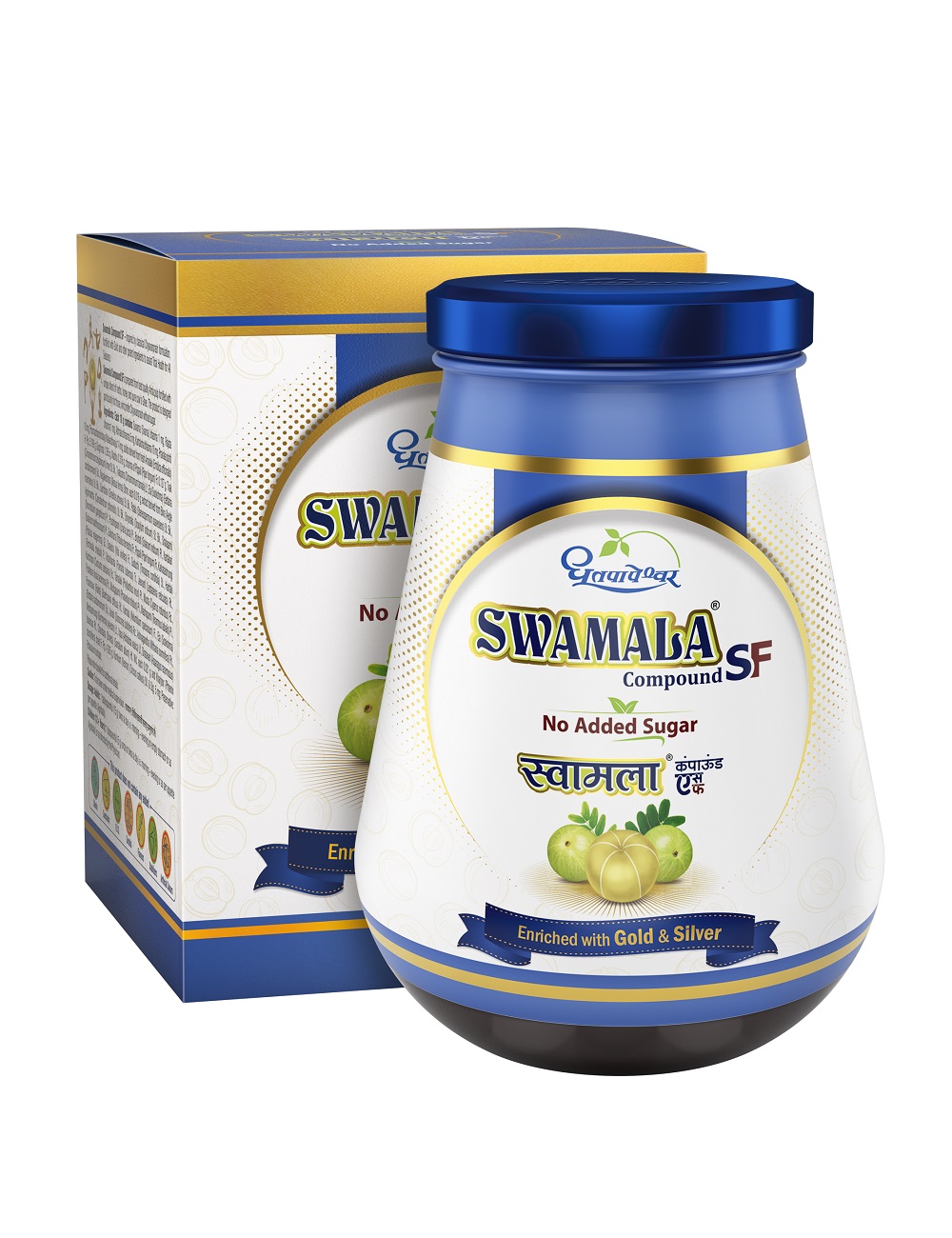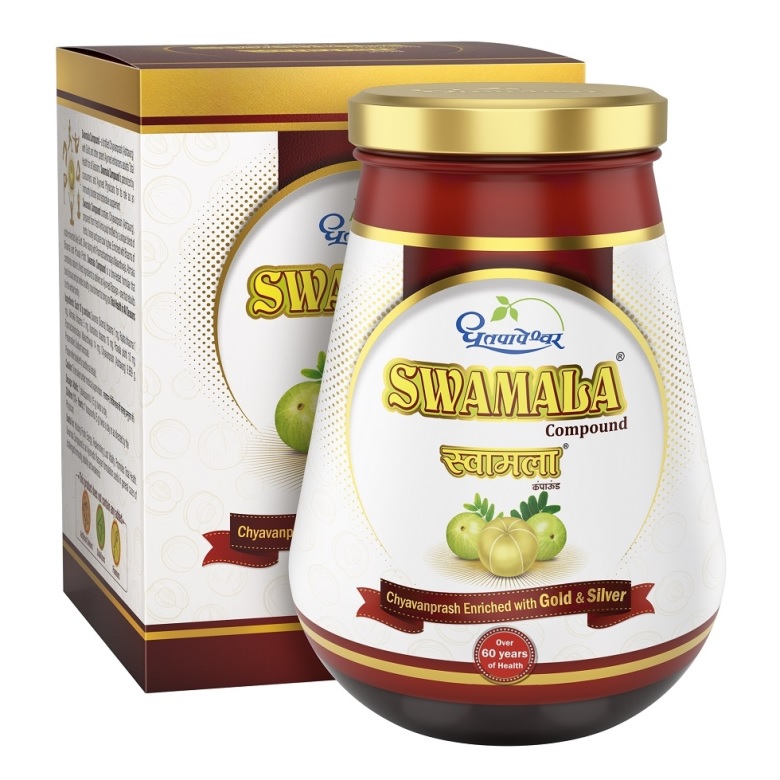As the cold winter months approach, prioritizing respiratory health becomes imperative to combat common issues such as cough, cold, and other respiratory infections. Ayurveda offers a holistic and time-tested approach to managing respiratory health, emphasizing balance, immunity, and overall well-being. Drawing upon the wisdom of Ayurveda, let us explore some effective strategies to nurture respiratory health during winter, incorporating Ayurvedic principles, herbal remedies, and lifestyle recommendations for optimal wellness.
The Importance of Respiratory Health in Winter
Winter’s Rooksha and Sheeta or dry and chilly air poses significant challenges to respiratory health. The increased risk of respiratory infections, bronchial irritation, and exacerbation of chronic conditions like asthma and bronchitis underscores the need for preventive care.
According to Ayurveda, the winter season aligns with Kapha and Vata doshas. Kapha dosha governs mucus production and tends to increase in winter, leading to congestion and respiratory discomfort, while Vata dosha influences dryness, causing irritation in the respiratory tract. Maintaining a balanced state of these doshas can safeguard against respiratory ailments and enhance immunity. A proactive approach rooted in Ayurvedic principles not only addresses symptoms but also fortifies the respiratory system, providing a robust foundation for enduring health through winter’s challenges.
Understanding Ayurvedic Principles for Respiratory Health
Ayurveda teaches that the body, mind, and spirit are interconnected, and optimal health stems from balancing the three primary doshas – Vata, Pitta, and Kapha. During winter, when Kapha and Vata predominate, it is essential to maintain warmth and moisture in the body to counterbalance their effects.
The Charaka Samhita highlights:
“Samadosha samagnischa samadhatumala kriya, Prasannatmendriya manaha swasthya ityabhidheeyate” – Health is defined as the equilibrium of doshas, digestive fire, and the body’s physical and physiological functions, combined with a blissful state of mind and spirit. This principle forms the basis for Ayurvedic interventions to support respiratory health, emphasizing the integration of herbal remedies, Panchakarma, dietary adjustments, and lifestyle modifications.

Ayurvedic Practices for a Healthy Respiratory System in Winters
1. Nasya (Nasal Oil Application): Nasya involves applying medicated oils such as Anu Taila or sesame oil into the nostrils to lubricate the nasal passages, clear congestion, and prevent dryness. It helps in maintaining respiratory health by reducing Vata and Kapha imbalances.
2. Steam Inhalation with Herbs: Inhalation of steam infused with eucalyptus, tulsi, or mint can relieve nasal congestion and soothe irritated respiratory pathways. Adding a pinch of Ajwain (carom seeds) enhances its efficacy.
3. Pranayama: Breathing exercises like Anulom Vilom (alternate nostril breathing) and Bhastrika (bellows breath) improve lung capacity, oxygenation, and energy flow. They are particularly effective in balancing Kapha and strengthening the respiratory system.
4. Daily Abhyanga (Oil Massage): Massaging the body with warm oils like sesame or mustard oil stimulates circulation, supports the lymphatic system, and keeps respiratory tissues nourished.

Herbal Remedies and Supplements for Respiratory Health
1. Tulsi (Holy Basil): Tulsi’s anti-inflammatory and antimicrobial properties make it a cornerstone of Ayurvedic respiratory care. Consuming tulsi tea daily can reduce inflammation and enhance lung function.
2. Haridra (Turmeric): Rich in curcumin, turmeric acts as a potent anti-inflammatory and immune booster. A warm drink made with turmeric, black pepper, and milk (the famous Golden Milk) is highly effective in soothing the respiratory tract.
3. Yashtimadhu (Licorice): Yashti root is renowned for its ability to reduce throat irritation and support lung health. It can be consumed as a decoction or herbal tea.
4. Pippali (Long Pepper): Pippali enhances respiratory strength by clearing mucus and improving lung function. It is often combined with honey for a soothing effect.
“Visha haram tu pippalyadi shreshtham” (Charaka Samhita)
Pippali is considered among the finest remedies for removing toxins and restoring health.

Chyawanprash: Ayurveda’s Rasayana for all ages
Chyawanprash is a traditional Ayurvedic herbal jam enriched with Amla (Indian gooseberry), known for its antioxidant properties and immune-boosting properties. It has been used since ancient times by an aged sage called Chywan hence the name, whereas Prash means a product or foodstuff that is suitable for consumption. Hence Chaywanprash is rightly known and used to regain vitality and longevity. Its main ingredient- Amla is known for its immunomodulatory potential and is a rich source of vitamins and minerals. Studies have shown that Chyawanprash is safe and effective in promoting immunity and protecting against common respiratory infections. It has antibacterial, anti-allergic, and immunostimulatory effects. It is also useful in treating pulmonary infections, promoting growth and well-being in children, and curing various infections and allergies.SDL’s popular product, Swamala, is made from high-quality Amla pulp fortified with herbs, honey, and pure cow’s ghee. Enriched with noble metals like Gold, Swamala delivers Ayurved Rasayan, which helps replenish body tissues and bring total health, especially during winters for the whole family.
Diet and Lifestyle Recommendations for Respiratory Health
Dietary Guidelines:
1. Consume Warming Foods: Include ginger, garlic, black pepper, cinnamon, and cardamom in your diet to support digestion and prevent mucus buildup.
2. Hydration: Drink warm water infused with lemon or honey to stay hydrated and soothe the throat.
3. Avoid Cold Foods: Refrain from consuming cold drinks, ice creams, and processed foods that aggravate Kapha.
4. Soups and Stews: Incorporate soups made with vegetables, lentils, and spices to provide nourishment and warmth.
Lifestyle Practices:
1. Stay Active: Regular exercise like yoga or brisk walking promotes blood circulation and supports lung function.
2. Rest Well: Adequate sleep enhances immune response and accelerates recovery.
3. Protect from Cold Air: Use scarves to shield your nose and mouth when stepping out in cold weather.
Integrative Tips: Ayurveda and Modern Science
Combining Ayurvedic wisdom with evidence-based supplements can amplify results.
1. Vitamin C: Enhances immunity and reduces the duration of respiratory infections.
2. Vitamin D: Strengthens lung health, especially during months with limited sunlight.
3. Omega-3 Fatty Acids: Found in flax seeds, it combats inflammation in respiratory tissues.
Ayurveda’s comprehensive approach to respiratory health during winter offers natural, sustainable solutions for well-being. By incorporating herbal remedies, and adhering to dietary and lifestyle recommendations, you can effectively protect your lungs and immune system. Always consider visiting an Ayurvedic doctor for a personalized consultation and recommendations based on your Prakriti and current health status for optimal wellness.
“Swasthasya swasthya rakshanam, Aturasya vikara prashamanam cha” — The purpose of Ayurveda is to maintain the health of the healthy and cure the diseased.
References:
● Dharmarathna, A. B., B. L. Edirisinghe, and W. M. S. S. K. Kulathunga. “Study the Meteorological Environment on Physical and Mental Well-Being (Ayurveda and Modern View)-A Conceptual Study.” South Asian Journal of Social Studies and Economics 11.2 (2021): 23-33.
● Mehta, Anil K., and R. N. Sharma. Asthma: Ayurvedic Cure, Herbal Remedies, Yoga and Meditation. B. Jain Publishers, 2004.
● Godatwar, Pawan Kumar, et al. “Clinical evaluation of Chyawanprash as a preventive measure during the COVID-19 pandemic: an open-label, multicentric, randomized, comparative, prospective, and interventional community-based clinical study on healthy individuals.” Journal of Indian System of Medicine 9.2 (2021): 104-113.
About the Author:
Dr. Priyanka Bhusari Oka is an Ayurveda physician from Pune, with 9+ years of clinical experience. She holds a BAMS PGDHM degree, along with a PG diploma in Integrative Dietetics. She specializes in inflammatory disorders, gut health and skin conditions. Her flagship program called HEAL- Health Enhanced with Ayurveda Lifestyle is an integrative medicine program for preventive health and wellbeing.
Clinic : Ayurved Hub, Nava Vishnu Chowk, Bajirao Road, Sadashiv Peth, Pune
Instagram: https://www.instagram.com/healwithdrpriyanka
Medical Disclaimer:
The information provided in this blog is for educational and informational purposes only and is not intended as medical advice. It should not be used as a substitute for professional medical diagnosis, treatment, or guidance. Always consult a qualified healthcare practitioner before using any herbal or Ayurvedic remedies, especially if you have pre-existing medical conditions, are pregnant, or are taking medications. The author and publisher are not responsible for any adverse effects or consequences resulting from the use of the information provided.










